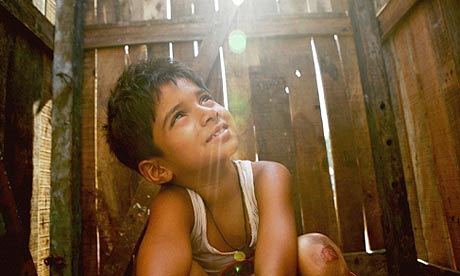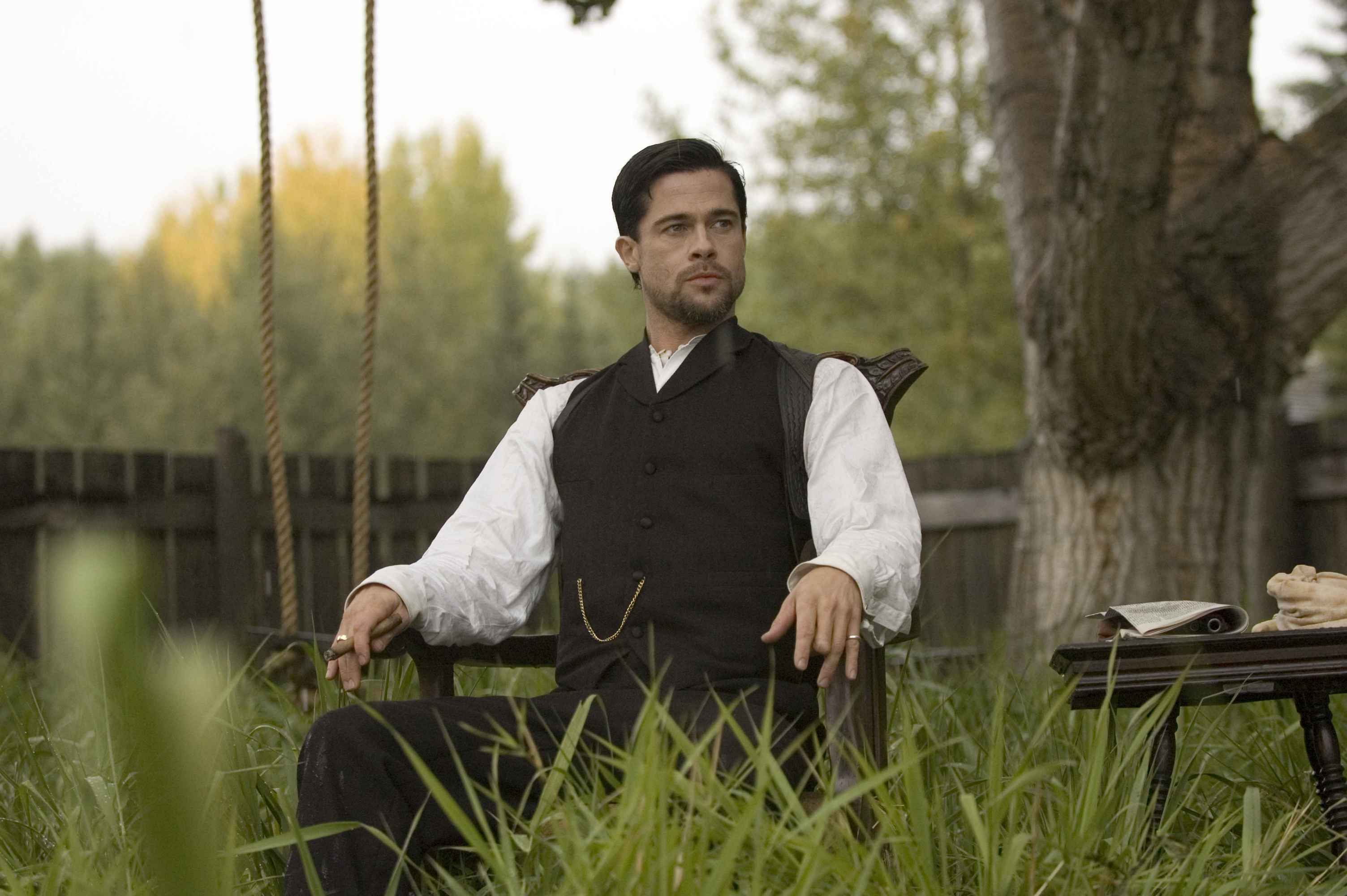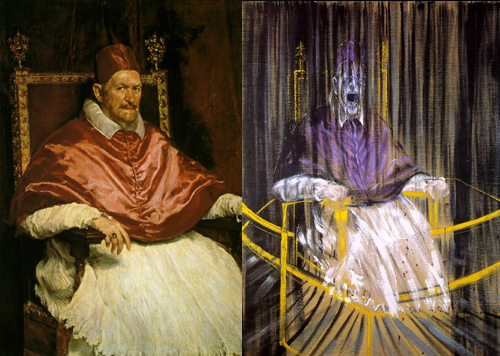A common question asked throughout a child's education is: 'What's your favourite subject?'
The kids who hate school and teachers say:
PEThe crafty kids say: Art
The whizzkids say: Maths or maybe Science
I would always say: English.
I think that there's possibly an element of inevitability here, and that the sort of child you were and so the interests you expressed and so the opportunities adults would present to you all lead to the person you may be in the here and now. That's not to say that all little girls who say that the want to be a Princess get their wish, but something along those lines; they probably won't become an Anti-Monarchist.
But for me, liking English was about my passion for reading - books,
Girl Talk, the backs of cereal boxes - and writing - letters, diaries, picture books. And almost automatically, I began to push away from any of those other subjects which didn't seem to complement my choice. I was never dreadful in any subject (apart from maybe PE...) but I would often, and still do, find the prospect of a maths lesson interminably boring.
Yet sometimes I find myself completely absorbed in a complicated exercise in trigonometry, or trying to understand shifts in equilibrium. And although I've never considered that I
wouldn't go into arts/humanities, when I understand a scientific idea, I am fascinated by it.
Today I finished the novel
The End of Mr. Y by Scarlett Thomas. I was originally drawn to it by the stunning book design, the little note underneath by the bookseller recommending it and the intriguing blurb: '
with Mr. Y under her arm, Ariel finds herself swept into a thrilling adventure of love, sex, death and time-travel'. Although I could tell from the reviews that this wasn't just more romantic chic-lit with a twist, I in no way expected the philosophical whirlwind which this book takes you through.

I hesitate to use a formal term to describe the genre I normally read, without fully understanding it but personally, I have tended towards stories about humanity, emotions and life. My list of philosophy or non-fiction is embarrassingly short (i.e. non-existent). However
The End of Mr. Y had me genuinely gripped in explanations of quantum physics, explorations of the origins of consciousness, evolution and post-structuralism. If you don't know what these means, you can try
googling them because I still doubt I could explain them. Or you could read this fantastic novel.
This past week, I may have seriously considered switching to a scientific path with a little bit of philosophy thrown in. I have to choose which subjects I am going to take next year and hence continue for the rest of my academic life within the next week. I know I will still continue with my first love, English, but now it seems to me that one favourite subject can be reconciled with others. No, of course I am never going to take physics or biology but for some inexplicable reason chemistry has always had the ability to draw me in. Now, the head-ache which philosophy offers is enticingly beckoning. In
The End of Mr. Y, Ariel Manto is doing an English PhD in thought experiments via 18th century science, some serious exploration of theology and time-travel.
As I have said, I am doubtful that my interest in electrons and quarks will last much longer. But I am definitely going to try to open myself up to new experiences, even time-travelling if the opportunity presents itself.































